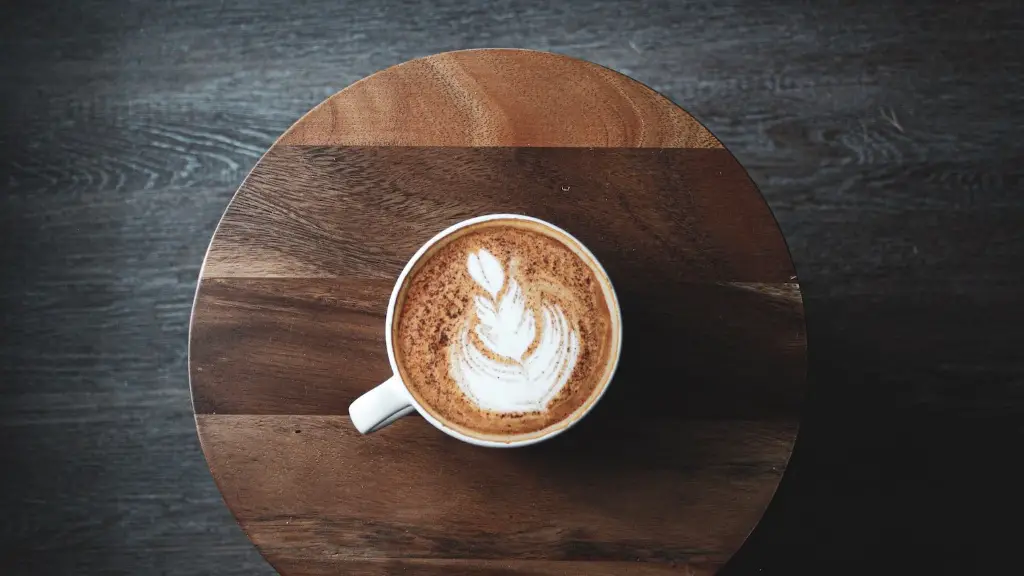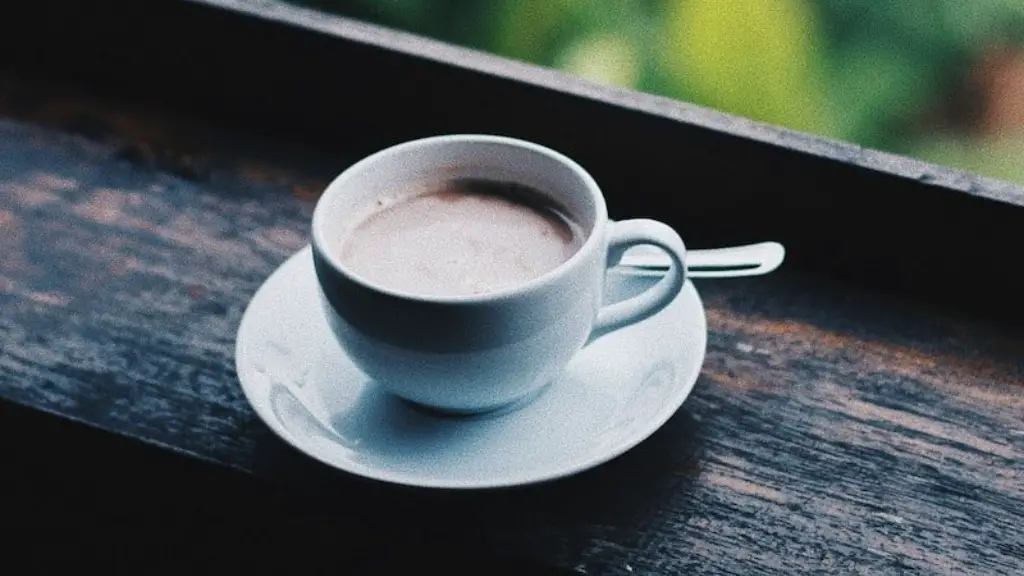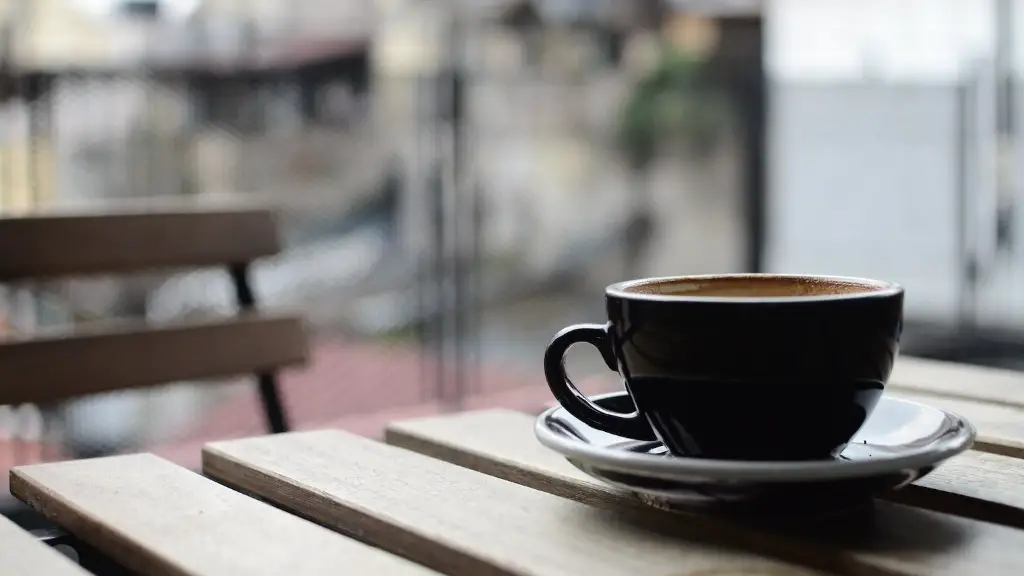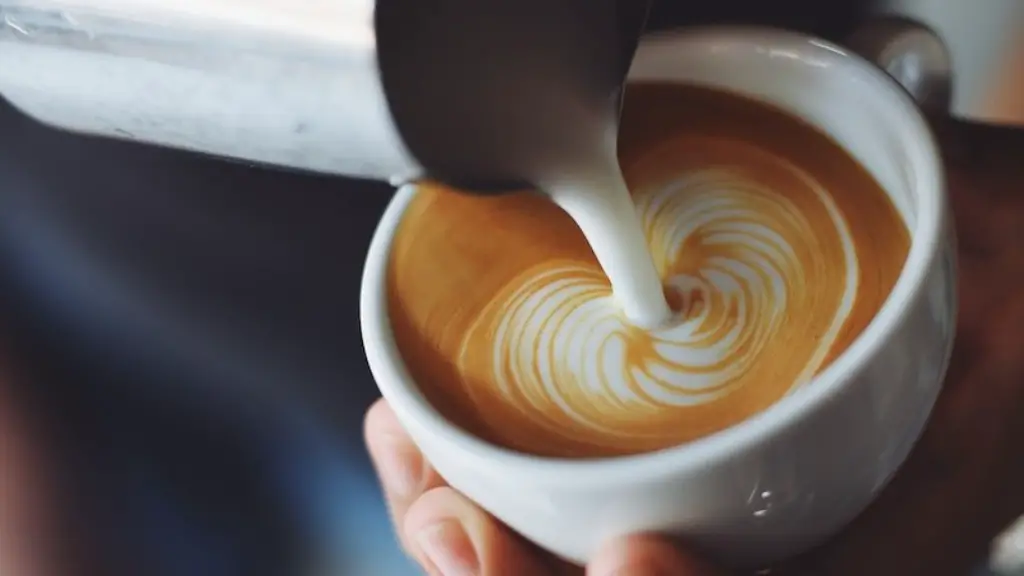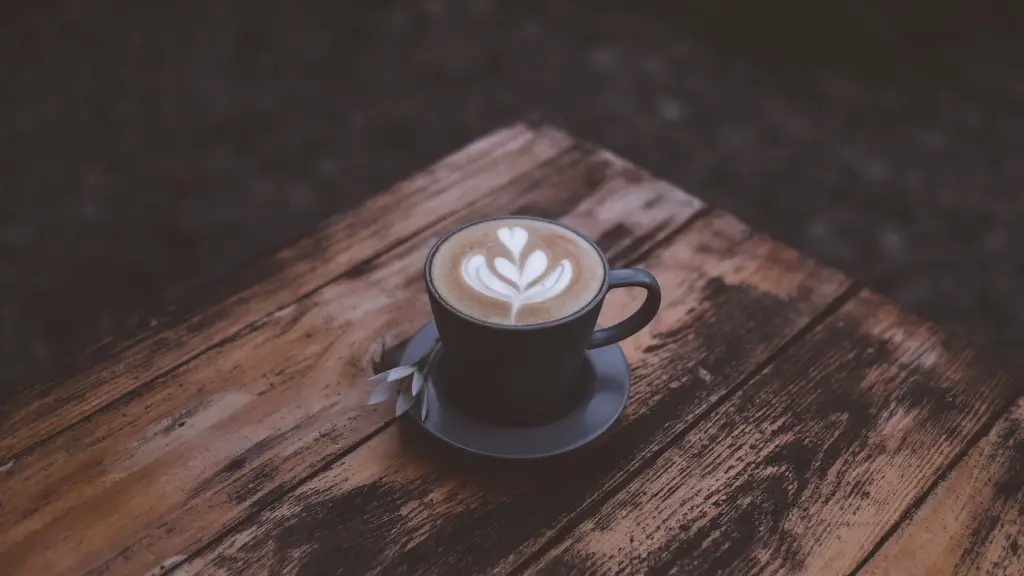Reasons to drink Matcha & Coffee
Many people start their day with a cup of coffee. While that might provide an energetic burst, there are numerous reasons why it could be beneficial to switch to matcha instead. Matcha is made from the same leaves as traditional green tea but has more health benefits, higher levels of caffeine, and a unique flavor. In this article, we’ll explore why drinking matcha instead of coffee can be beneficial.
Matcha has powerful antioxidants which help to protect the body from oxidative stress and free radical damage. Studies have shown that matcha contains more catechins, a type of potent antioxidant, than any other tea. Catechins help to reduce inflammation, which can lead to a variety of health problems such as heart disease, cancer and diabetes. Additionally, these catechins help to reduce bad cholesterol and blood pressure.
Unlike other green teas, matcha is made from a special type of green tea called Tencha. This type of tea is specially grown in the shade, giving its leaves a bright green color. The leaves are then ground into a fine powder, creating the matcha powder used for drinks and other recipes. This makes matcha more concentrated than traditional green tea, so you get more of its health benefits. Additionally, this means that matcha contains more caffeine than other green teas, approximately the same amount as brewed coffee.
In addition to its health benefits, matcha also has a unique flavor. Matcha has a grassy, earthy taste that some people find more enjoyable than the bitterness of coffee. With the caffeine content of matcha being similar to that of coffee, you can get an alternative to coffee that gives you an energizing boost, but with a unique flavor.
Some people worry that matcha might be difficult to prepare. While traditional matcha typically requires special utensils and ceremonial techniques for preparation, you can easily purchase instant powder mixes and even premade canned matcha drinks that require no preparation. There are also a variety of recipes you can find online for making delicious matcha drinks without any special tools.
When it comes to matcha vs. coffee, both have some advantages and disadvantages. Coffee is a well-known pick-me-up and has many fans due to its convenient packaging and perceived taste. Matcha is a less-known, but more potent alternative. Not only does it provide the same energetic benefit as coffee, but its unique grassy flavor, more powerful antioxidants, and convenience make it an appealing choice for those looking to shake up their morning routine.
Caffeine
The active ingredient in both matcha and coffee is caffeine. Caffeine is a stimulant and can help energize your body and mind. The amount of caffeine in matcha is around the same as brewed coffee, but can vary depending on the amount of powder used as well as the brewer. Coffee also generally has more caffeine than matcha, with a cup of coffee containing around three times the amount of caffeine as a cup of matcha. However, the caffeine in matcha tends to be more sustained, giving you an energy boost that lasts for hours.
Caffeine can cause some side effects, such as jitters, headaches, and digestive problems. There are some studies suggesting that matcha can help reduce these side effects, but it’s important to limit your intake to prevent any negative reactions. Generally, it is recommended that you consume no more than two cups of matcha per day.
Another key point to consider is how caffeine affects your overall health and wellbeing. Too much caffeine can lead to sleep disturbances and anxiety, while moderate intake can help to improve alertness and mood. So, it is important to find your own personal balance with the amount of caffeine that works for you.
Nutrients
Matcha is packed with vitamins, minerals, and other beneficial compounds that can help improve everything from digestion to heart health. Matcha contains vitamins A, B, C, and E, as well as antioxidants and minerals like zinc, magnesium, and iron. Additionally, matcha can help to boost metabolism, aid weight loss, and reduce inflammation due to its catechins.
Compared to coffee, matcha contains more beneficial compounds that can help you stay healthy. While still a great source of vitamins and minerals, coffee does not contain as many antioxidants as matcha and can be less beneficial for your overall health.
However, coffee does provide a few benefits. As mentioned, it has the same amount of caffeine as matcha and can help with alertness and concentration. Additionally, coffee is a great source of polyphenols and has been linked to improved liver health.
Impact on the Environment
When it comes to matcha vs coffee and which is better for the environment, it really depends on where and how the product is sourced and produced. Both coffee beans and tea leaves have to be harvested from sustainable sources and proper farming practices in order to reduce their overall impact on the environment.
Coffee is grown in dozens of countries around the world and requires a large amount of resources to grow and transport. Additionally, most coffee is not certified organic and may use chemicals in its production. On the other hand, matcha is typically made with certified organic tea leaves and uses fewer resources during its production. This means that matcha has a smaller environmental footprint than coffee.
However, while you can buy organic coffee and tea, there is still a lot of waste generated from the production of both of these products. While it is difficult to completely avoid it, you can reduce the amount of waste by purchasing repackaged products and supporting companies that use sustainable production practices.
Availability and Cost
Coffee is easier to come by and is usually less expensive than matcha. Most grocery stores carry a variety of brands and blends of coffee, and it’s fairly easy to find organic and fair-trade options as well. Matcha is not as widely available, but you can buy it in some health food stores and online. The cost of matcha can vary significantly, depending on the quality, but it is typically more expensive than coffee.
With its availability and cost, it can sometimes be more convenient to buy matcha in bulk. You can find organic matcha in bulk online or in some specialty stores, and you can sometimes get a discount on bulk orders. This can make it a more cost-effective option for those who are looking to make matcha part of their daily routine.
Conclusion
Overall, both matcha and coffee can be great options for getting an energising boost and adding some beneficial nutrients to your daily diet. Matcha is a great alternative to coffee and has its own unique health benefits and flavor. If you’re looking for a new morning pick-me-up, try experimenting with different matcha drinks before settling on just one.
